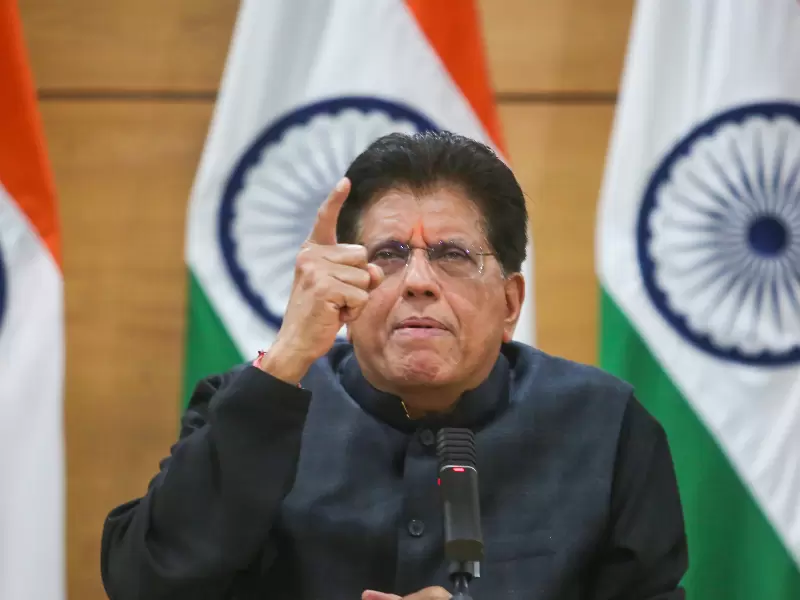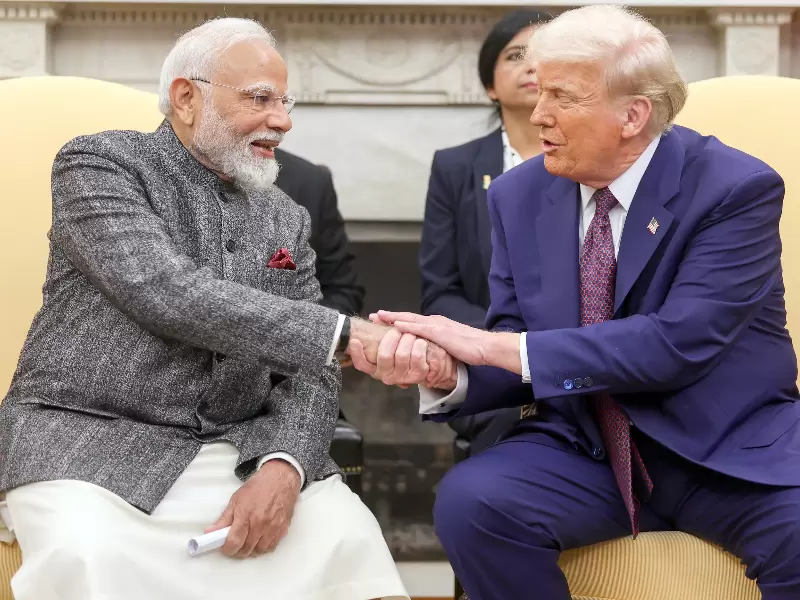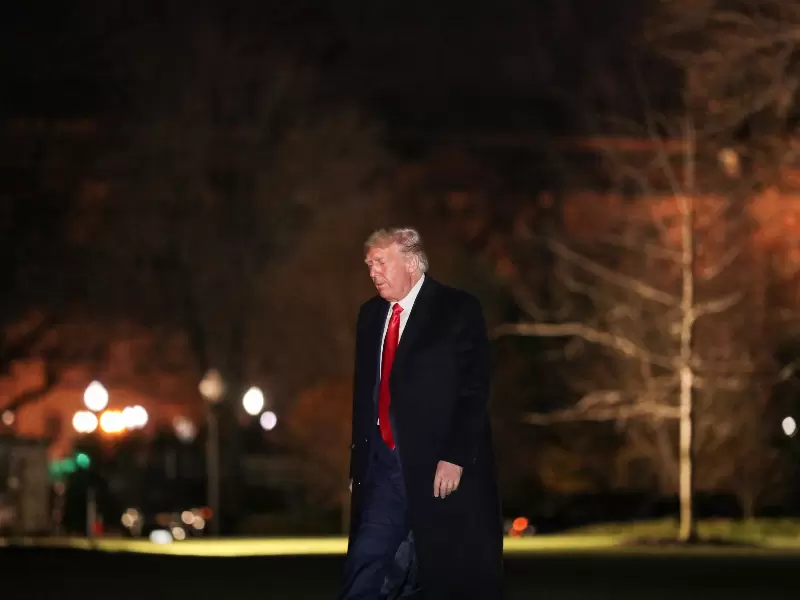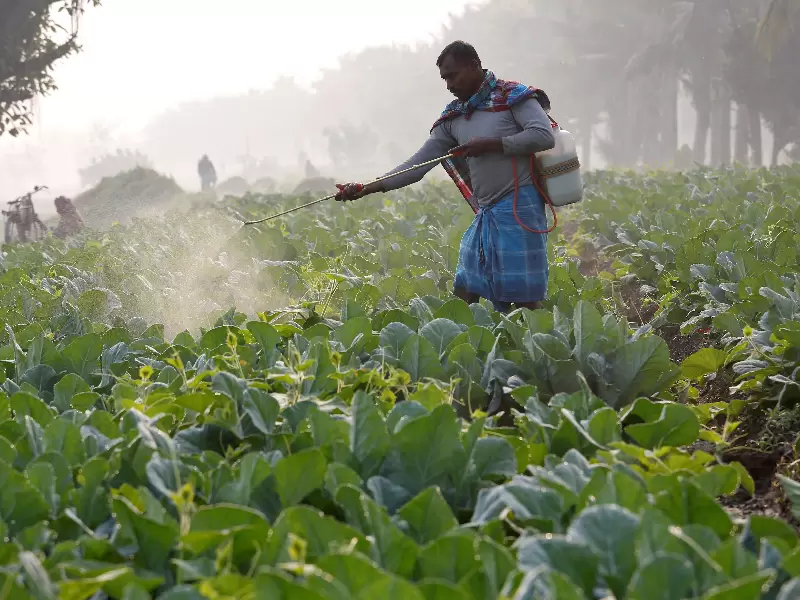U.S. may lose 150K international students this fall: Report
India, along with China, accounts for the majority of international student enrollment in the United States.
 (1).jpg) Stock image / Shutterstock
Stock image / Shutterstock
The United States could face a steep drop in international student enrollment this fall, with up to 150,000 fewer students expected to arrive, a new report has found.
The National Association of Foreign Student Advisers (NAFSA) in collaboration with JB International, has released a report that warns of a potential 15 percent decrease in the total number of international students for the 2025–26 academic year. This report is based on SEVIS and U.S. State Department data.
Also Read: US visa processing for Indian students slows further: Govt
The anticipated decline comes just one year after U.S. colleges and universities reached a post-pandemic high of over 1.12 million international students.
That record figure, reported in the 2023–24 Open Doors report, marked a recovery in global interest in U.S. higher education and generated over $43.8 billion in economic activity, supporting more than 378,000 jobs. However, early 2025 visa data and recent policy shifts suggest that the momentum may be faltering.
According to NAFSA, the expected drop is the result of multiple disruptions in the visa issuance process. Between May 27 and June 18, student visa interviews were suspended—coinciding with the peak season for student visa applications.
When interviews resumed, U.S. consulates were instructed to implement new social media vetting protocols, further delaying the process and contributing to widespread uncertainty among applicants.
At the same time, many U.S. consulates in major sending countries—such as India, China, Nigeria, and Japan—reported limited or no appointment availability. Visa approval rates have also declined sharply.
From January to April 2025, F-1 student visa approvals were down 12 percent compared to the same period in 2024. In May, they dropped another 22 percent. While June data has not yet been released, NAFSA projects an even steeper fall, possibly in the range of 80 to 90 percent.
A separate development contributing to the slowdown is a June 4 executive order that imposed visa restrictions on nationals from 19 countries. Reports indicate that as many as 36 additional countries may soon be added to the list. While the order has been described as a national security measure, the impact on student mobility is expected to be significant. NAFSA estimates these bans alone threaten $3 billion in economic contributions and more than 25,000 jobs.
The potential loss is not only academic but also financial. A 15 percent drop in international student enrollment would bring the total down to roughly 1 million, reducing economic contributions to $39.2 billion and resulting in the loss of over 60,000 jobs.
States with the highest international student populations—such as California, New York, Texas, Massachusetts, Illinois, and Florida—stand to lose the most. California alone could see more than $1 billion in lost revenue.
NAFSA attributes the current crisis not just to administrative issues but to policy decisions that have sent chilling signals to prospective students. The resurgence of Trump-era immigration rhetoric, now under the administration’s second term, has raised concerns within the higher education sector.
Among recent actions are Department of Homeland Security threats to revoke international student status, Secretary of State Marco Rubio’s calls to deport students accused of “un-American activities,” and statements by U.S. Citizenship and Immigration Services Director Joseph Edlow in support of eliminating the Optional Practical Training (OPT) program, which many universities and tech companies consider critical for retaining global talent.
“This is just the tip of the iceberg,” NAFSA’s executive director and CEO Fanta Aw told Forbes, warning that the current trajectory could permanently damage the U.S.’s reputation as a destination for higher education.
In response to the crisis, NAFSA has called on the U.S. State Department to take immediate action. The organization is urging expedited processing for F-1, M-1, and J-1 visa applicants and has recommended that international students be exempted from the recent travel bans while still undergoing necessary background checks.
ADVERTISEMENT
ADVERTISEMENT
E Paper
Video




 Malvika Choudhary
Malvika Choudhary













Comments
Start the conversation
Become a member of New India Abroad to start commenting.
Sign Up Now
Already have an account? Login